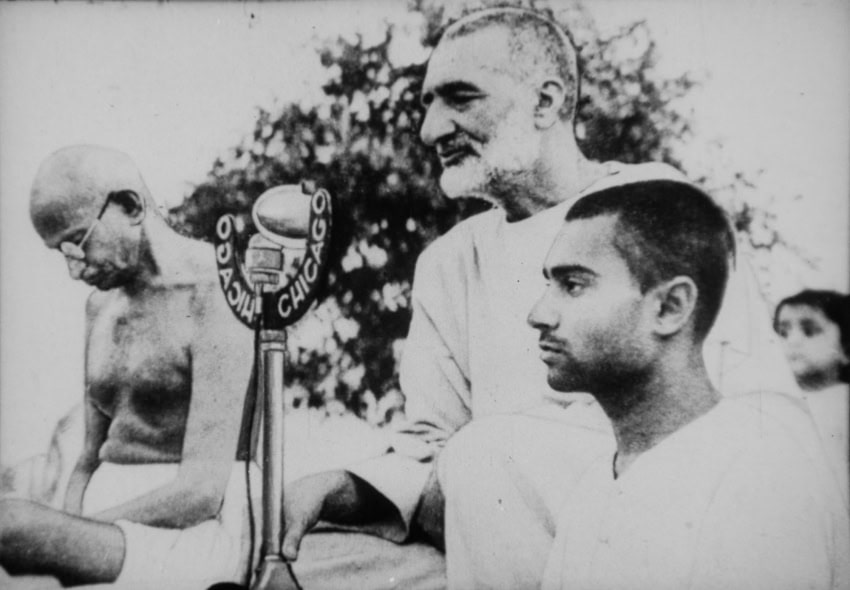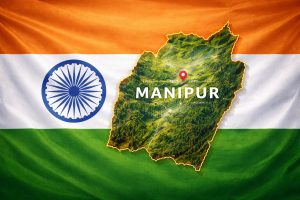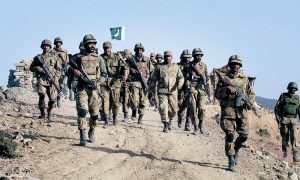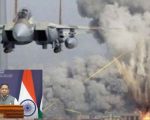Unnecessary glorification and elevation of political leaders or any public figure to the status of a hero has been a favourite habit of societies that produce less creative minds and lag behind in terms of intellectualism.
Very often, tendency to confer accolades on such figures is linked to society’s narrow-mindedness and failure to hold on to a pragmatic approach to history and politics.
Khan Abdul Ghaffar Khan or popularly known as Bacha Khan enjoys a massive veneration among a significant population in our ‘secular’ and ‘liberal’ circles and remains one of the fewest leaders in the subcontinent whose popularity and legacy follows beyond death. There are dozens of roads and buildings named after him and countless tributes are still being offered to him.
To many, he is the only ‘hero’ and revolutionary leader in the history of the subcontinent, mainly because of his secular and liberal politics and principles.
Bacha Khan’s support comes either from Pashtun ethno-nationalists or self-styled liberals and secularists. His cause and quotes against violence, Islamic extremism and disapproval for the creation of Pakistan have successfully led many to believe that he held secularist outlook and thus, deserves an accolade of a brave ideal hero who stood against the status quo.
But Bacha Khan’s support for Zia-ul-Haque’s draconian Nizam-e-Mustafa and radical Islamic regime is unfathomable. Political rivalry for Bhutto led his party and family to support the Nizam-e-Mustafa movement.
His son Wali Khan welcomed Zia’s coup against Bhutto. Bacha Khan expressed no concerns for his ‘secular’ views when his eldest son Ghani Khan received the prestigious Sitara-e-Imtiaz from General Zia ul Haq on 23 March 1980.
Jihadist insurgency?
Bacha Khan sought Faqir of Ipi’s help in carving out “Pathanistan” from Pakistan. The most interesting and lesser known fact from the period immediately before the partition of India is the association of Khan brothers with the insurgency mounted by Faqir of Ipi.
According to historian and lawyer Yasser Latif Hamdani, The valiant Pushtuns had been fighting against the British for more than half a century and Faqir of Ipi was the latest of these great Mahdi-like figures (reference to Sudanese Mahdi 19th century) to raise the banner of Pushtun nationalism with its dangerous blend of Islamic Puritanism.
P.S: I have been Bacha Khan’s biggest fan and his death anniversary was the only day on which I bothered to change my Facebook profile picture and put somebody else’s face on it. I still respect him, he was a great soul.














